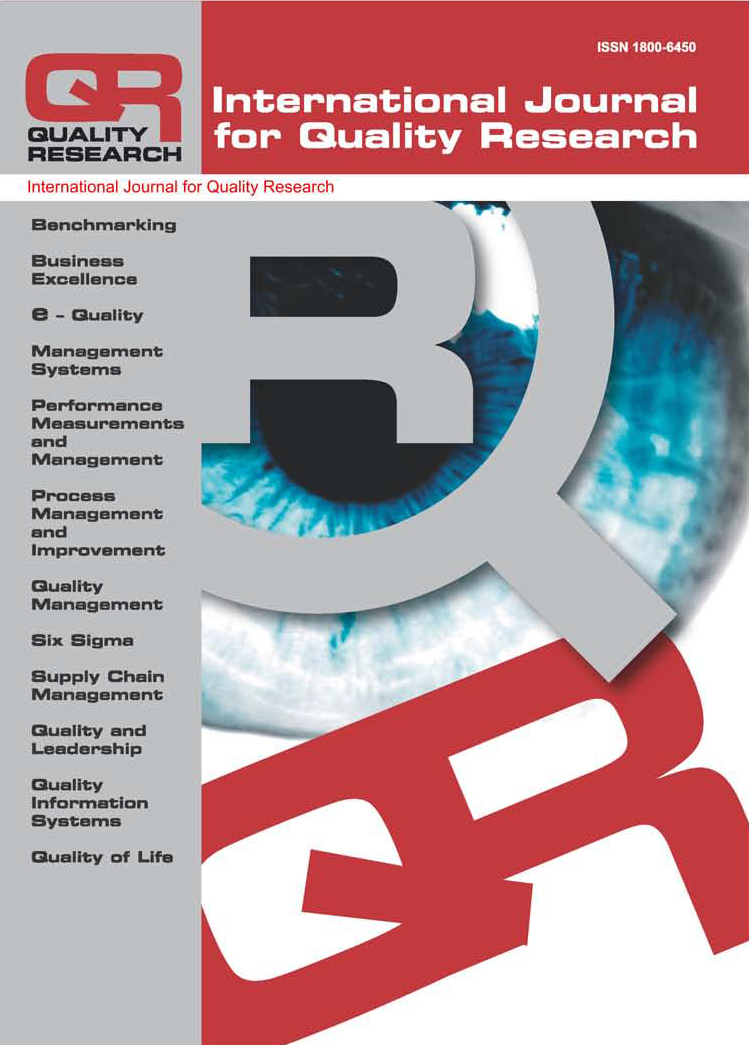RESTAURANT MANAGERS' PERCEPTIONS OF SERVICE QUALITY: THE MEDIATING ROLE OF RESTAURANT SIZE AND SEATING CAPACITY
Marko Kukanja, Tanja Planinc, Tadeja Jere Jakulin
Abstract: The aim of this study was to analyse which quality attributes are, according to managers' beliefs, the most important in determining overall service quality, as well as to investigate the relative importance of restaurant size (square meters) and seating capacity (number of seats) on managers' perceptions of restaurant quality. The sample was composed of 148 managers of individually operating restaurant SMEs in Slovenia. The DINESERV instrument was applied to measure managers' perceptions of service quality. Exploratory factor analysis was used to analyse the importance of different quality attributes, and confirmatory factor analysis (SEM) was used to investigate the impact of restaurant size and seating capacity on managers' perceptions of quality. Results revealed that only twelve quality items belonging to three quality attributes - Assurance, Empathy, and Tangibles - are important in determining restaurants' service quality. The identified three quality attributes explained 56.65% of managers' perceptions of service quality. Results also showed that restaurant size and number of seats significantly influence managers' perceptions of service quality. These results are of great important for restaurant managers aiming to improve their service quality.
Keywords: Restaurant industry, Quality management, Managers' perceptions, DINESERV, Slovenia
DOI: 10.24874/IJQR14.01-15
Recieved: 05.06.2019 Accepted: 07.10.2019 UDC: 005.6
Reads: 1495 







